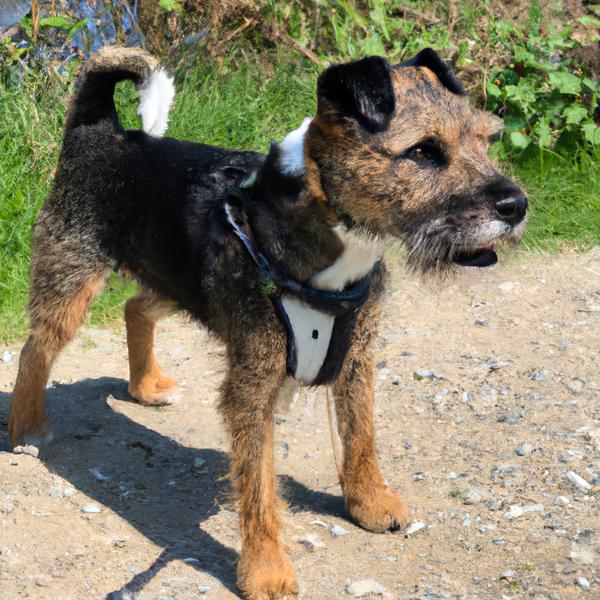BT Walker vs. Cheeks: Breed Differences and Similarities
Hypoallergenic
Are BT Walkers or Cheekss hypoallergenic, or neither?
Unfortunately, neither BT Walker nor Cheeks are hypoallergenic, which may not make them the best choice for dog lovers who suffer from pet allergies.
Temperament
What are the personalities of BT Walker and Cheeks dogs?
Playful
Loving
Energetic
Intelligent
Confident
Friendly
Affectionate
Loyal
Trainable
Fearless
Brave
Bright
Clever
Stubborn
Alert
Courageous
Intelligent
Affectionate
Quick
Devoted
Lively
Aggressive
Good-natured
Opinionated
Shedding Level
Do BT Walkers shed more than Cheekss, or which breed sheds more, BT Walkers or Cheekss?
BT Walkers are moderate shedders, but regular brushing can reduce shedding and maintain coat health.
Cheekss are low shedding dogs, requiring minimal coat care.
Watchdog Ability
Which dog breed makes a better watchdog, the BT Walker or Cheeks?
BT Walkers are decent watchdogs - they'll alert their owner if something seems amiss.
Avoid Cheekss as watchdogs - they're not effective.
Ancestry
What are the origins of BT Walker and Cheeks breeds?
Treeing Walker Coonhound, Boxer
Pekingese, Chihuahua
Breed recognition
Which kennel clubs recognize/register BT Walker and Cheeks?
ACHC = American Canine Hybrid Club
DDKC = Designer Dogs Kennel Club
DRA = Dog Registry of America, Inc.
ACHC = American Canine Hybrid Club
DBR = Designer Breed Registry
DDKC = Designer Dogs Kennel Club
DRA = Dog Registry of America, Inc.
IDCR = International Designer Canine Registry®
Date of Birth
When were BT Walker and Cheeks breeds first developed?
Unknown
Unknown
Litter Size
What is the usual litter size for BT Walker and Cheeks?
A BT Walker can have a litter of 2-10 puppies on average. However, it's worth noting that the size of the litters can vary greatly. Factors that can influence litter size include the health of the mother, breeding history, and genetics.
A Cheeks can have a litter of 2-4 puppies on average. However, it's worth noting that the size of the litters can vary greatly. Factors that can influence litter size include the health of the mother, breeding history, and genetics.
Adaptability
BT Walkers are known for their adaptability and can adjust well to different environments and lifestyle changes.
Cheekss are highly adaptable and versatile, making them excellent companions for families and individuals of all lifestyles.
Health Issues
Between BT Walker and Cheeks, which breed is more prone to health problems?
BT Walkers are susceptible to health issues like all breeds, so it's important to monitor their health and seek veterinary care when needed.
Cheekss typically have low vet costs due to their good health, but it's important to monitor their health and seek vet care when necessary.
Major Concerns
What are the major health concerns for BT Walker and Cheeks breeds?
Cardiomyopathy
Subvalvular Aortic Stenosis
Degenerative Myelopathy
Corneal Dystrophy
Patellar Luxation
Hydrocephalus
Mitral Valve Disease
Minor Concerns
What minor health issues should be kept in mind when owning BT Walker and Cheeks?
Demodicosis
Cherry Eye
Progressive Retinal Atrophy
Hip Dysplasia
Mono/Bilateral Cryptorchidism
Dermoid Sinus
Hypothyroidism
Atopic Dermatitis
Sick Sinus Syndrome
Cervical Vertebral Instability
Stenosis
Skin Problems
Eye Problems
Heart Problems
Occasional Tests
What occasional tests are recommended for BT Walker and Cheeks breeds?
Blood Test
Hip X-Rays
Dna Test For Vwd
Physical Examination
Eye Examinations
Knee
Heart
X-Rays
Physical Examination
Energy
How do the energy levels of BT Walkers and Cheekss compare?
BT Walkers' high energy levels make them unsuitable for a low-key dog, choose accordingly.
Cheekss have low energy levels, ideal for a relaxed lifestyle.
Social Needs
BT Walker vs Cheeks social needs comparison
BT Walker and Cheeks have above average social needs compared to other breeds. They thrive in environments where they have a lot of interaction with humans and other dogs.
Exercise Needed
BT Walker vs Cheeks exercise need comparison.
BT Walkers need moderate physical activity and are great for families and active individuals.
Cheekss require minimal physical activity for a healthy lifestyle.
Sleeping Need
Which of the two sleeps the most/least: BT Walker or Cheeks?
BT Walkers sleep less than other breeds but still need adequate sleep for good health.
Cheekss are known for their relaxed and calm nature and enjoy long periods of sleep.
Tendency to Bark
Do BT Walkers or Cheekss bark more/less frequently?
BT Walkers are typically quiet and only bark when needed, such as to alert their owner or when in distress.
The Cheeks is a vocal breed that frequently barks and howls, and may not be suitable for those seeking a quiet companion.
Mouthiness
Mouthiness Comparison: BT Walker vs Cheeks?
Roaming urge
BT Walker vs Labrador: Running away tendency?
Prey Drive
BT Walker or Cheeks - which breed has a higher level of prey drive?
Past times
What are some enjoyable activities and ways to keep BT Walker and Cheeks entertained?
Going for hikes, Tug of war
Love to cuddle, Running, Walking, Relaxing
Tolerance of being left alone
Grooming
Which breed is easier to maintain in terms of grooming, BT Walkers or Cheekss?
The BT Walker is a low-maintenance breed that doesn't require much grooming.
The Cheeks requires an average amount of grooming compared to other breeds.
Intelligence
Comparing Intelligence: BT Walkers vs Cheekss
BT Walker is a very intelligent and trainable breed.
Cheeks is an independent and stubborn breed with low obedience intelligence, making training a test of patience.
Sensitivity Level
How do BT Walker and Cheeks compare in sensitivity?
This breed is sensitive to its environment and best suited for patient and understanding families with a consistent routine.
This breed is sensitive and requires gentle handling and a calm home environment.
Affection Dependance
Which is the more affectionate dog breed: BT Walker vs Cheeks?
Apartment Friendly
Which breed is more apartment-friendly: BT Walker or Cheeks?
BT Walkers are good apartment dogs as long as they get enough exercise and stimulation outside of the apartment.
Cheekss make excellent apartment dogs, being fairly active indoors and not requiring a yard.
Child Friendly
Do BT Walkers or Cheekss have a friendlier temperament towards children?
BT Walkers are good with kids if socialized and trained from a young age.
Cheekss are not suitable for children.
Senior-friendly
Which dog is more suitable as a pet for the elderly - BT Walker or Cheeks?
Cat Friendly
Do BT Walker or Cheeks breeds have a better compatibility with cats?
BT Walkers are somewhat cat friendly and can be trained to get along with cats.
Cheekss are very friendly with cats and make great companions for them.
Dog Friendly
Which breed is more sociable with other dogs: BT Walker or Cheeks?
{BT Walkers and Cheekss are average friendly towards other dogs. If they are raised with other dogs, they are likely to get along with them. And, if they are socialized properly from a young age, they will usually be great with other dogs.
Pet friendly
How do BT Walker or Cheeks dogs interact with other pets?
Stranger Friendly
Which breed is more friendly with strangers: BT Walker or Cheeks?
BT Walker and Cheeks are average friendly around strangers. They can be wary around strangers and a little standoffish, so early socialization is key to ensure they are comfortable around new people.
Playfulness
Which breed is more playful between BT Walker and Cheeks?
BT Walkers are a playful breed that needs daily playtime to be happy.
Cheekss are not known for being a highly playful breed.
Trainability
How do the trainability levels of BT Walkers and Cheekss compare?
BT Walker and Cheeks dogs are known for their ease of training and ability to learn quickly, making them a popular choice for pet owners and trainers alike.
Compare BT Walker with other breeds
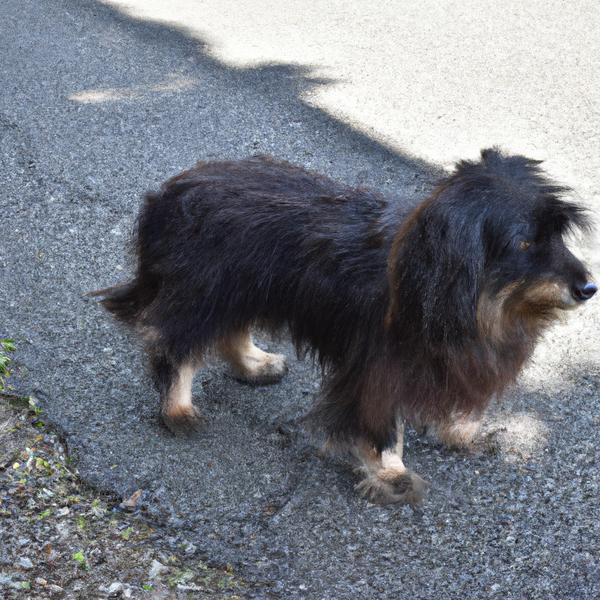
Schnese
BT Walker vs Schnese

Pembroke Cocker Corgi
BT Walker vs Pembroke Cocker Corgi
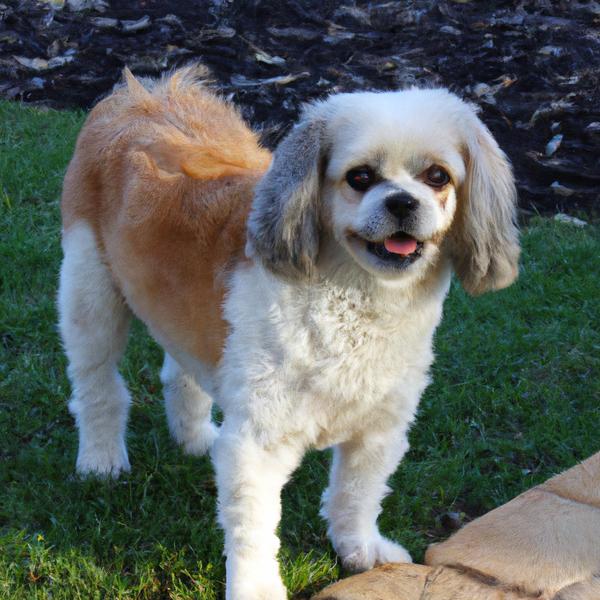
Cavapom
BT Walker vs Cavapom
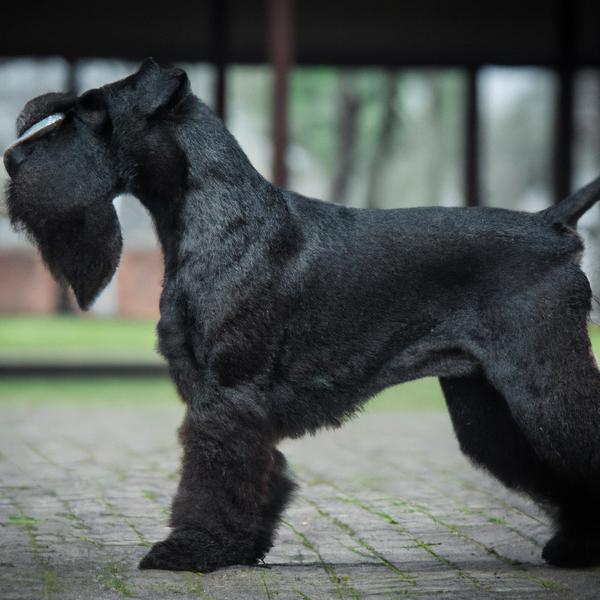
Giant Schnauzer Chin
BT Walker vs Giant Schnauzer Chin
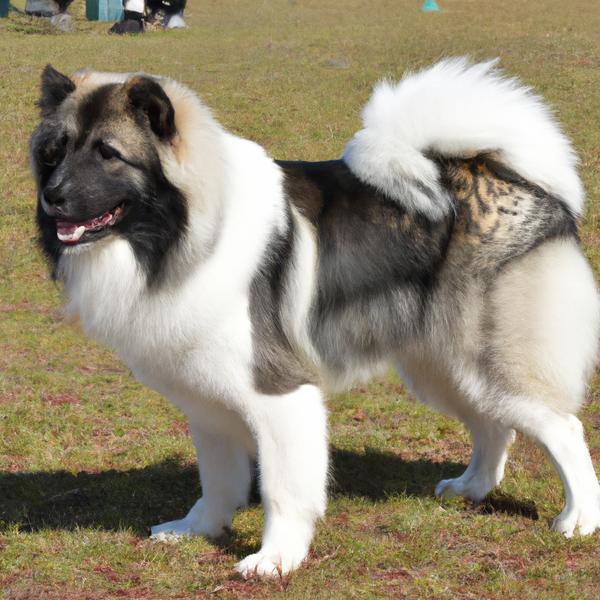
Lhaffon
BT Walker vs Lhaffon
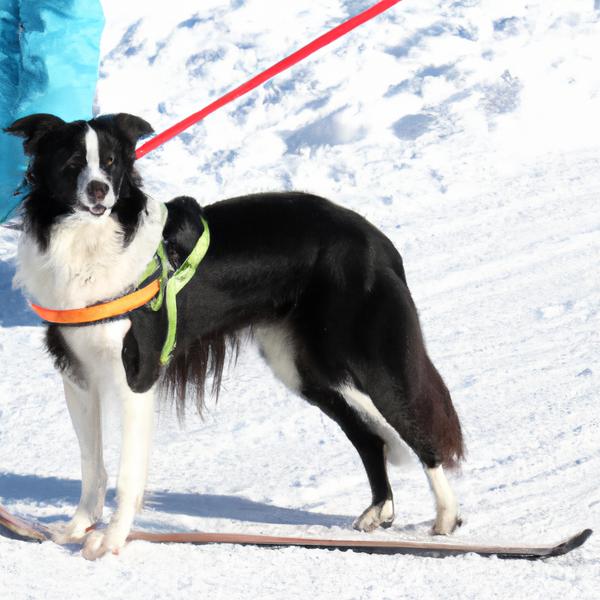
Ski-Collie
BT Walker vs Ski-Collie

Wee-Chon
BT Walker vs Wee-Chon
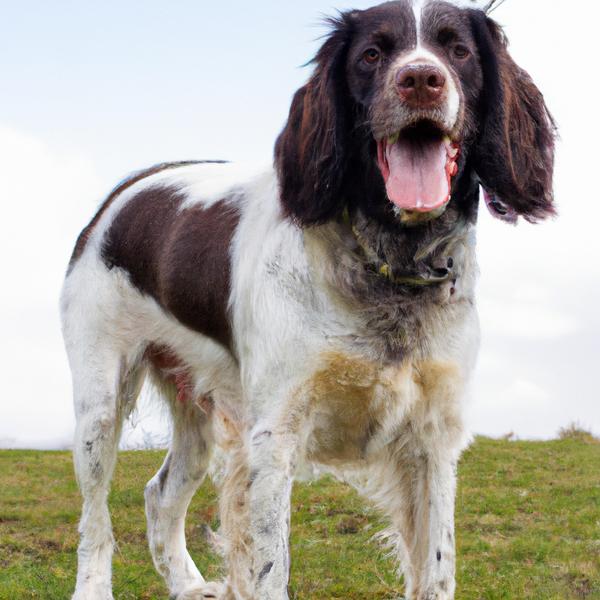
Springer Spaniel Sheepdog
BT Walker vs Springer Spaniel Sheepdog
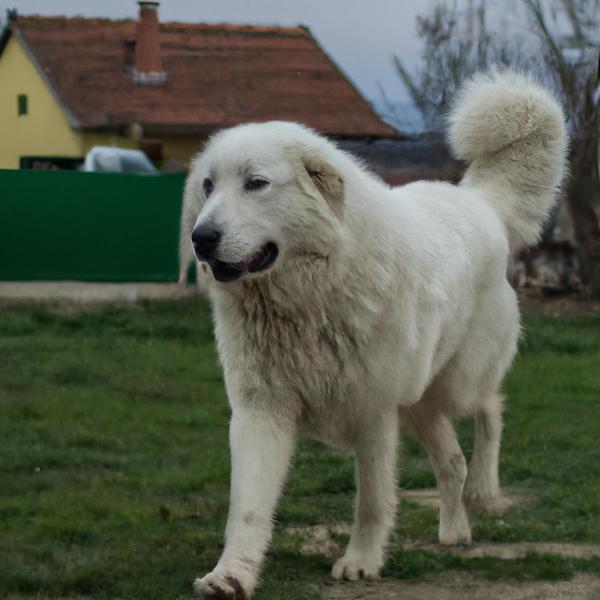
Kuvasz
BT Walker vs Kuvasz
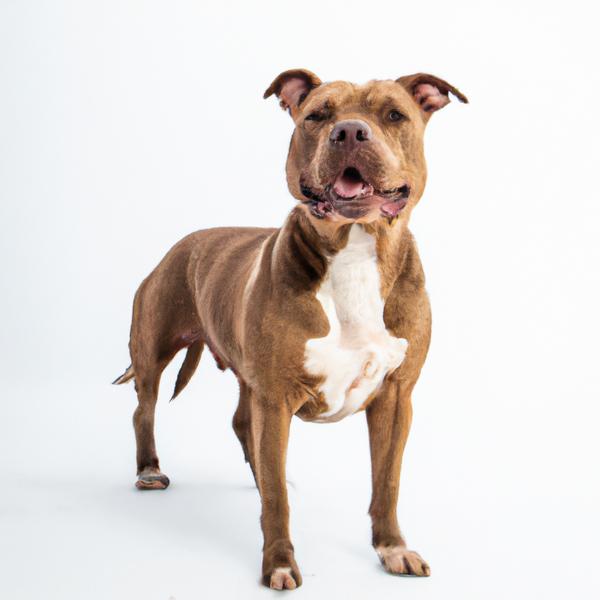
Pit Pei
BT Walker vs Pit Pei
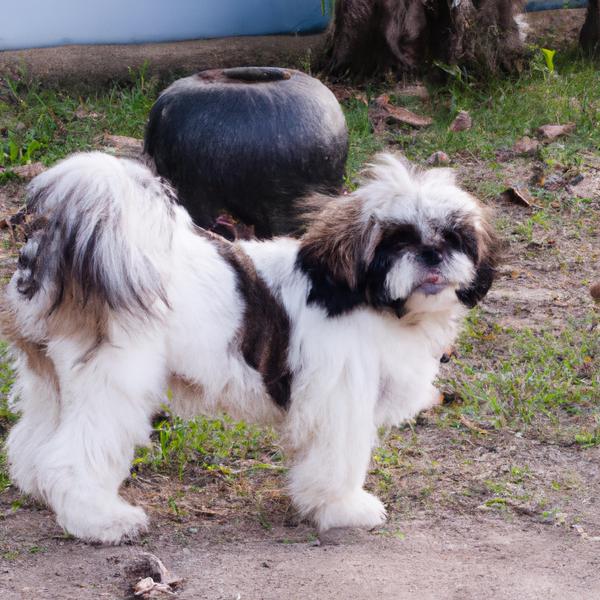
BoShih
BT Walker vs BoShih
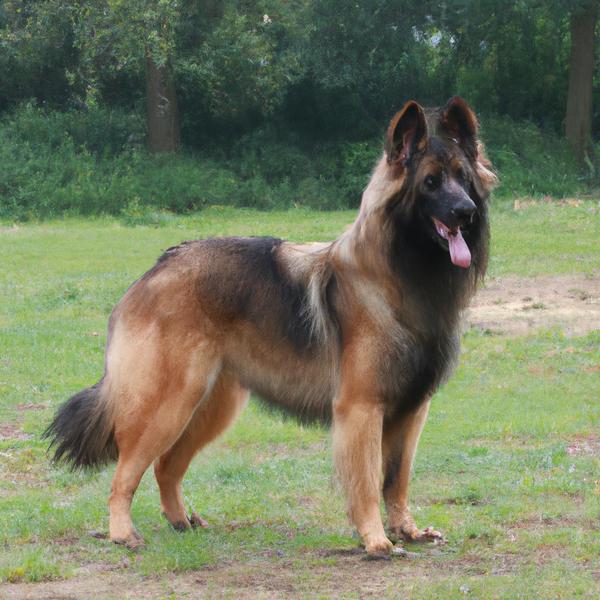
Belgian Tervuren
BT Walker vs Belgian Tervuren
